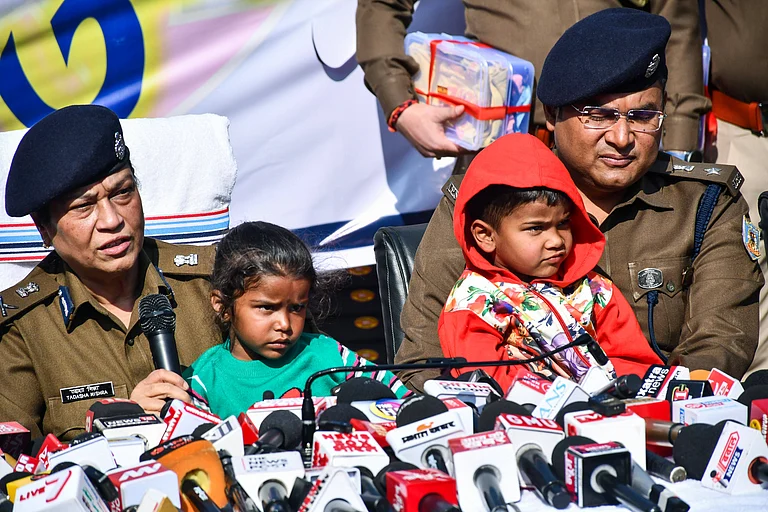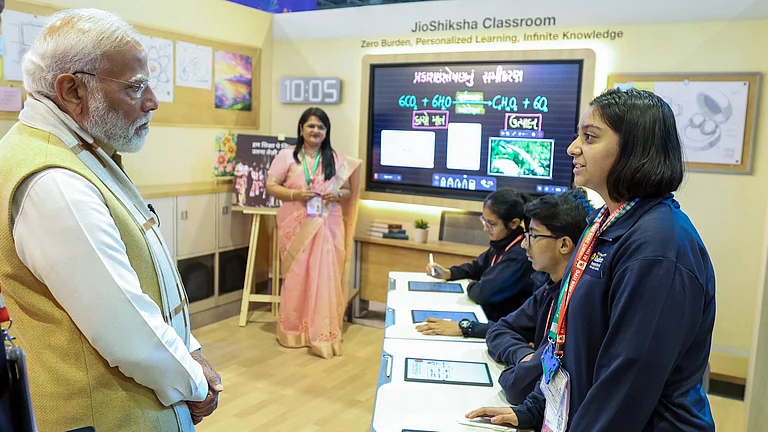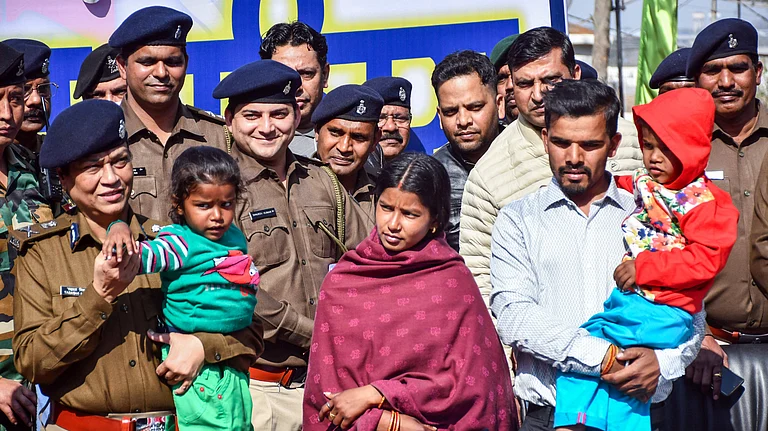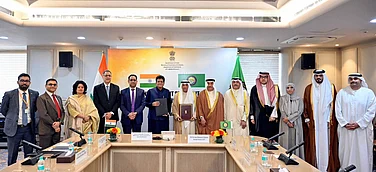The Bombay High Court directed the Child Welfare Committee (CWC) to hand over the custody of three children to their respective adoptive parents, who had adopted them without due legal procedures.
Allowing the pleas filed by the three couples, the Bombay HC observed that the children did not fall under the 'children in need of care and protection' category, adding that their custody to the CWC cannot be justified. The court termed the orders passed by the welfare committee as "illegal", The Indian Express reported.
The CWC does not have powers to deal with those children who are neither "abandoned" nor "orphans", the court said.
The biological parents handed over the custody of their children to these couples without following any procedures prescribed by the law and neither did they seek custody of the minors.
The habeas corpus pleas, filed by the three couples in connection with an FIR registered by Mumbai police in April, was being heard by a division bench of Justices Bharati H Dangre and Manjusa A Deshpande.
Notably, the FIR was lodged under Indian Penal Code (IPC) Section 370 (exploitation) and provisions under the Juvenile Justice (Care and Protection of Children) Act, 2015.
Advocates Heena Mistry and Saurabh Mehta, appearing for the petitioners, said that the minors had been a part of the couples' families since their custody was signed off to them by the biological parents or at least by persons presenting themselves to be biological parent.
The children had been under the petitioners' care and protection ever since, they told the court.
But since the FIR, the children and the couples were separated despite their emotional attachment and care for them.
The infants were then reportedly produced before the CWC, which held that their custody was not handed over to the petitioners legally and also suspected that a child trafficking racket might be involved.
Citing these reasons, the CWC housed the three children in specialised care centre.
Meanwhile, the Bombay HC noted that the merely executing an Adoption Deed, which is either not registered or just notarised, does not amount to legal adoption.
The division bench further noted that none of the adoption protocols prescribed by the Central Adoption Resource Authority (CARA), constituted under the Union Ministry of Women and Child Development had been followed in this case.
"Prima facie, at this stage, we do not find that the prosecution alleges that the children are either transferred or received by any of the modes specified under Section 370 and it is for the purpose of exploitation, as understood in the said section," the court noted.
The division bench also observed that invoking of the provisions of the 2015 Act was not justified, The Indian Express' report said.
The court allowed the pleas and said that it was upon the petitioners to follow the due adoption procedure to continue with the custody of the children.






















